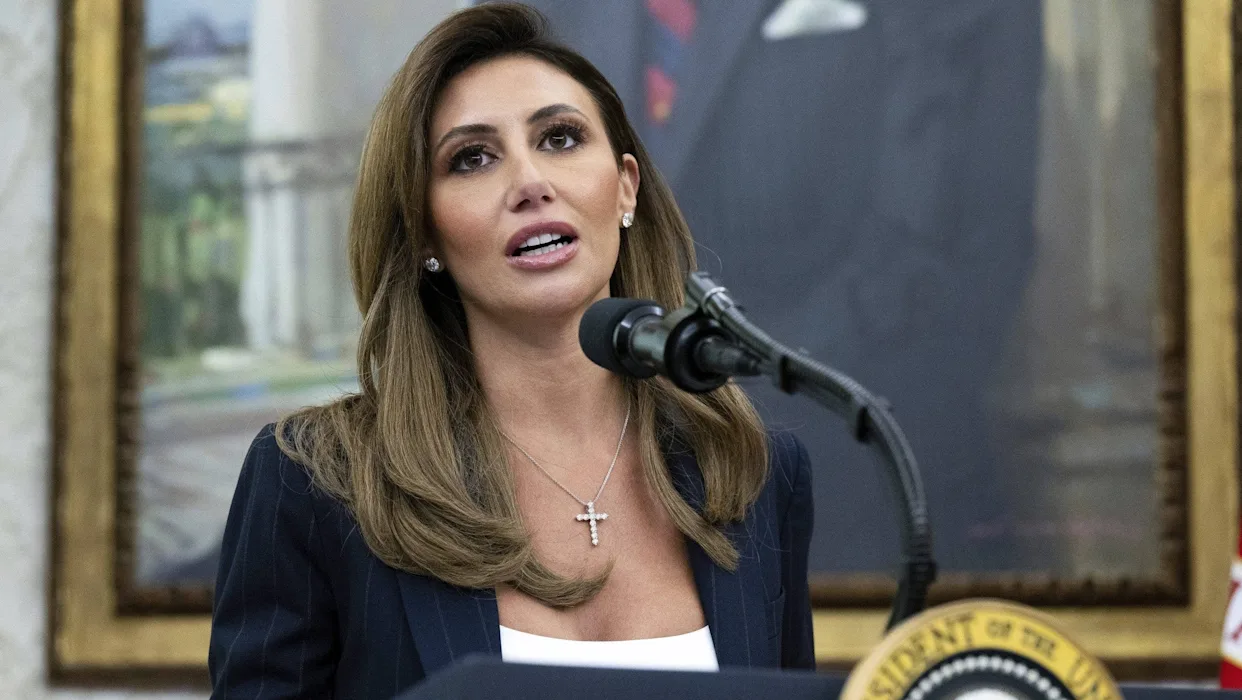The world of New Jersey politics and federal appointments has been rocked by a truly extraordinary series of events, highlighting the intense scrutiny and high stakes involved in top legal positions. A recent decision by the New Jersey federal bench regarding the interim U.S. Attorney for the state has led to an immediate and forceful response from the current administration, signaling a rare and significant clash over judicial and executive authority.
The situation unfolded on Tuesday night when U.S. Attorney General Pam Bondi announced the swift removal of the individual whom New Jersey’s federal judges had chosen to replace interim U.S. Attorney Alina Habba. This came after the New Jersey federal judges exercised a rarely used power to appoint their own candidate, Desiree Leigh Grace, a highly experienced and respected career prosecutor, following the expiration of Habba’s temporary 120-day term. Habba, who had been appointed by the administration as the interim U.S. Attorney for New Jersey, faced a decision by the judges not to extend her provisional appointment.
Attorney General Bondi’s immediate action to fire the judges’ selected replacement underscores a deep disagreement regarding the process and power dynamics involved in filling such a critical role. This move has ignited considerable debate about judicial independence and the balance of power between the executive and judicial branches of government. The federal bench in New Jersey, like federal courts nationwide, plays a vital role in upholding the rule of law and ensuring justice is served impartially. Their decision to appoint a seasoned prosecutor like Grace was a direct exercise of their statutory authority when a U.S. Attorney vacancy is not permanently filled by presidential nomination and Senate confirmation.
The swift retaliation from the Attorney General’s office signals that the administration is not accepting the federal judges’ decision without a fight. This kind of direct intervention in a court’s appointment of a U.S. Attorney is highly unusual and has drawn significant attention across the legal and political landscape. It raises important questions about who ultimately controls the leadership of federal prosecutorial offices in the absence of a confirmed nominee and how such disagreements might impact the administration of justice in the state.
For New Jersey residents, the leadership of the U.S. Attorney’s Office is paramount. This office is responsible for prosecuting federal crimes, defending the United States in civil cases, and collecting debts owed to the federal government. Its stability and independence are crucial for maintaining public trust and ensuring the fair and effective enforcement of federal laws. The ongoing developments around this key appointment will undoubtedly continue to be a focal point of discussion in legal and political circles throughout the state and beyond.
As this complex situation continues to develop, it serves as a powerful reminder of the intricate interplay between various branches of government and the importance of federal appointments. For more updates and in-depth analysis on this and other significant political developments impacting the Garden State, keep an eye on Explore New Jersey Politics.












